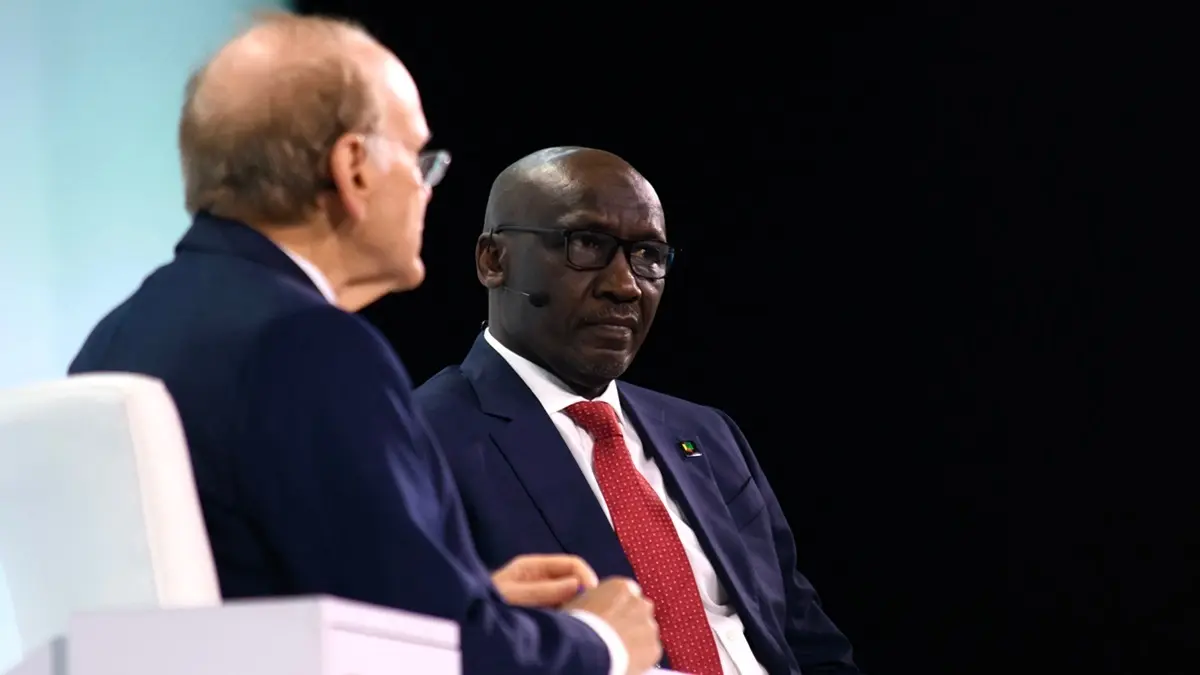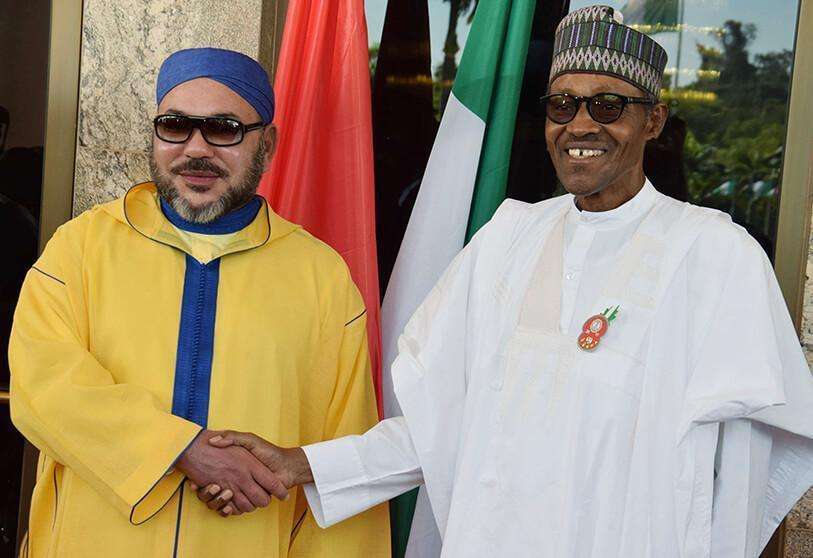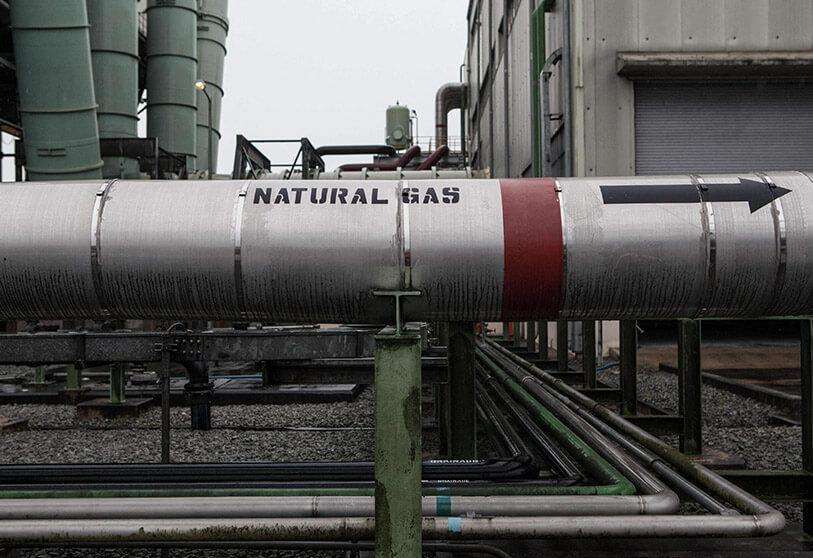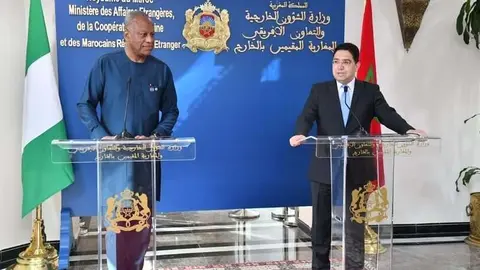Nigeria-Morocco gas pipeline will set Africa on the path to development

As global demand for the transition to clean energy fuels continues to grow, Nigerian National Petroleum Company (NNPC) group chief executive Mele Kyari has called for a differentiated approach to Africa's energy transition compared to that of the rest of the world.
- Origin and development of the NMGP
- How does the development of the NMGP benefit the Atlantic region of Africa?
Nigeria, as a gas-rich country, must utilise its abundant gas resources to provide much-needed alternative fuels. Kyari noted that the Final Investment Decision (FID) on the Nigeria-Morocco Gas Pipeline Project (NMGP) will be taken in December 2024.

Africa is poised to play a key role in a world of growing gas consumption. Africa's gas reserve capacity is around 75 million tonnes per year. According to research by S&P Global LNG, reserves are expected to reach 130 million tonnes by 2040.
The energy transition is a complicated issue for sub-Saharan African countries, especially due to geographical constraints. African countries, for the most part, are interested in energy availability rather than conversion.
Origin and development of the NMGP
First designed in 2016, the pipeline is one of the world's largest energy projects. Once operational, it will be the second longest gas pipeline in the world, after China's West-East Gas Pipeline. The NMGP is 5,600 km long and runs through 13 African countries, meeting the energy needs of approximately 400 million people along the West African coast.
VIDEO:
— NNPC Limited (@nnpclimited) March 20, 2024
Group Chief Executive Officer, NNPC Ltd., Mr. Mele Kyari, speaks to CERAWeek Co-Founder and Vice Chairman of S&P Global, Daniel Yergin, during the Leadership Dialogue Plenary Session at the ongoing #CERAWeek2024 Conference in Houston, United States, on Tuesday.… pic.twitter.com/xE2g6CBTO0
According to information from the NNPC and the Economic Community of West African States (ECOWAS), the Nigeria to Morocco pipeline will pass through Benin, Togo, Ghana, Ivory Coast, Liberia, Sierra Leone, Guinea, Guinea-Bissau, Gambia, Senegal and Mauritania.
The project has gained momentum in recent years. In December 2021, Morocco and Nigeria signed a financing agreement for the feasibility study, following approval of the project by the Islamic Development Bank (IDB). In April 2022, the project received significant funding from the Organisation of Petroleum Exporting Countries (OPEC).

How does the development of the NMGP benefit the Atlantic region of Africa?
In most of sub-Saharan Africa, 70% of the population does not have access to clean fuels for everyday tasks such as cooking. Therefore, gas production for local use must be prioritised, i.e. closing the gap with Europeans' energy use.
The project will support the socio-economic development of the continent. The pipeline is a project that will create many jobs and attract a large number of investments to the region. The pipeline aims to transport gas from Nigeria to Europe to meet the energy needs of the countries along the route.

On energy security, "the world has seen all the challenges generated by recent geopolitical events. It is clear that countries must first achieve their own energy security before turning to energy. You can't talk about energy security if it doesn't exist," Kyari said.
"If we insist on completing the replacement in the short term, we will have delivery problems. For us, the transition must be differentiating. Even if Africa decides to phase out fossil fuels, it would only affect around 3% of global emissions," Kyari said.
PHOTO NEWS:
— NNPC Limited (@nnpclimited) March 19, 2024
Group Chief Executive Officer, NNPC Ltd., Mr. Mele Kyari, speaks to CERAWeek Co-Founder and Vice Chairman of S&P Global, Daniel Yergin, during a Leadership Dialogue Plenary Session at the ongoing #CERAWeek2024 Conference in Houston, United States, on Tuesday.… pic.twitter.com/rvqWbT34Jk
NNPC aims to increase its gas supply capacity to domestic and foreign markets. "We understand the rationale for the energy transition, but the cheapest way to do it is through gas. We see real opportunities in gas production," Kyari said.










